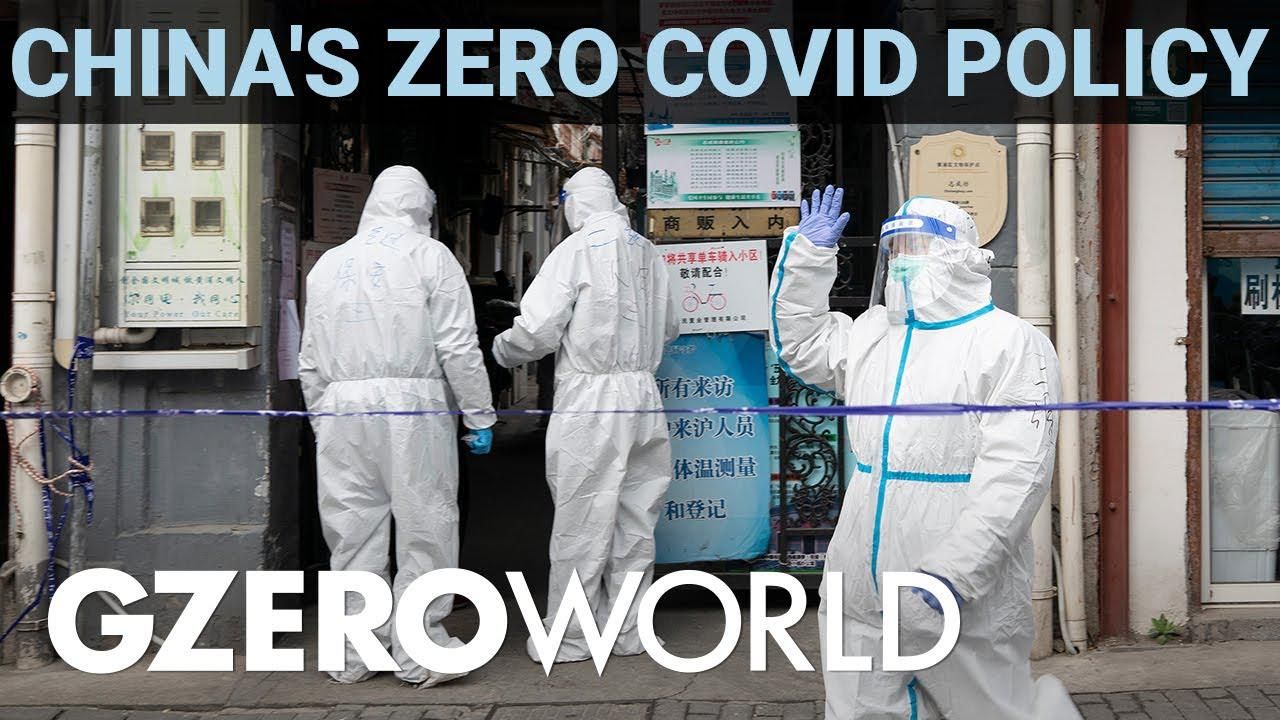GZERO World Clips
What is China’s zero-COVID policy?

What Is China’s Zero-COVID Policy? | GZERO World with Ian Bremmer

We've all heard about there being zero COVID in China. But there's more to Beijing's pandemic containment strategy, which started immediately after the initial Wuhan outbreak.
"Through swift action, lockdowns, quarantine and contact tracing, the country was able to quickly reduce cases," says Yanzhong Huang, senior fellow for global health at the Council on Foreign Relations.
"The success in Wuhan led to greater implementation countrywide, and ever since Beijing has kept COVID at bay." Zero COVID, by the way, "means zero — not close to zero," which explains why Shanghai Disneyland shut down and 30,000 tests were conducted after a single suspected infection.
Despite lockdowns, Huang says the policy is quite popular in China, where many people "are even proud that the country has gotten the virus under control, especially as the United States struggles."
It’s been just over 48 hours since US forces conducted a military operation in Caracas and seized Venezuelan strongman Nicolás Maduro, and the future governance of the country – and the US role in it – remains murky.
There have been several geopolitical shocks this year, yet none have stopped oil prices from plunging, showing how oil markets have become more risk tolerant.